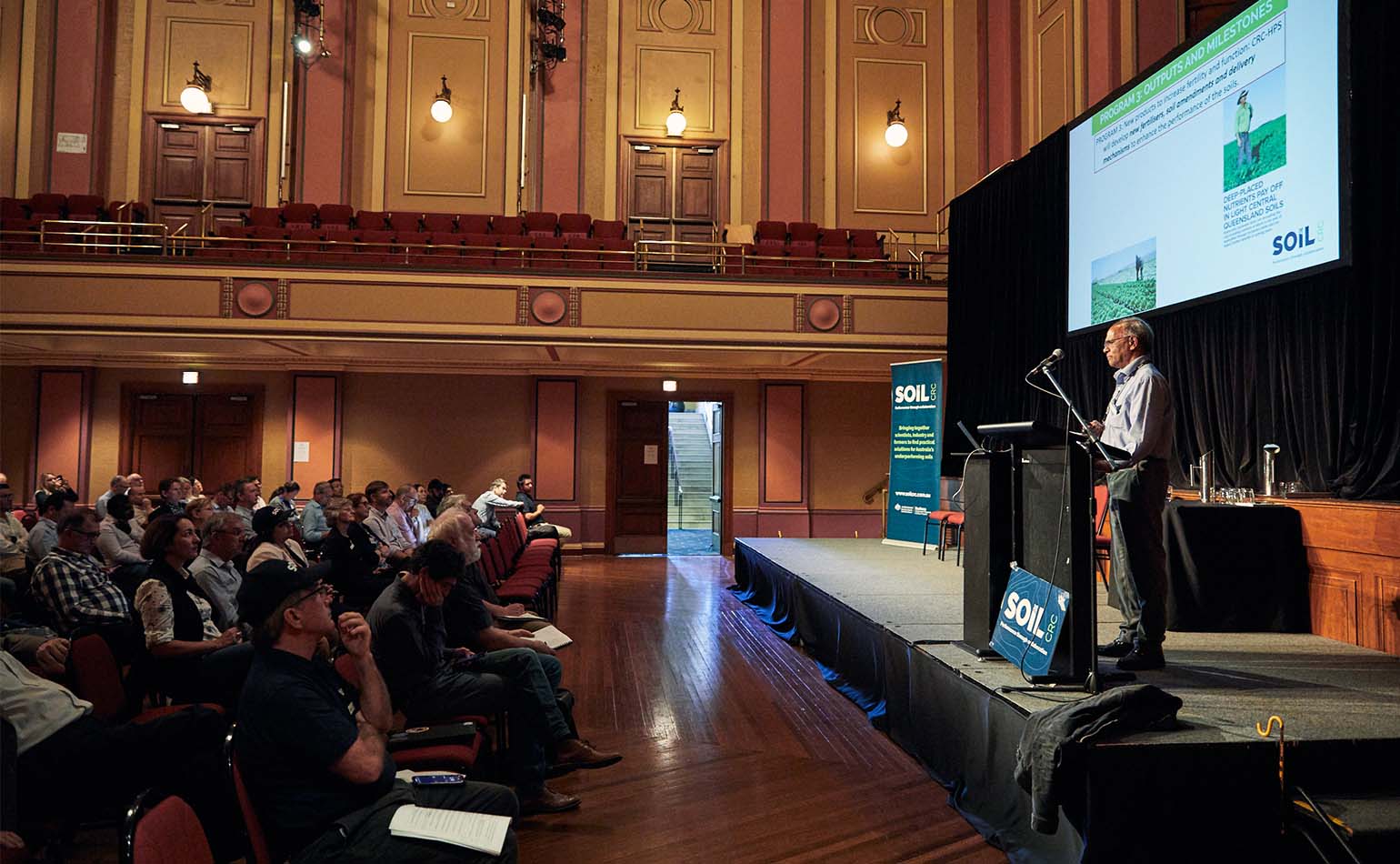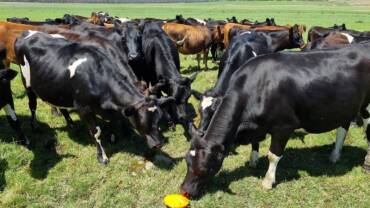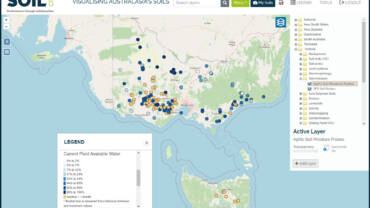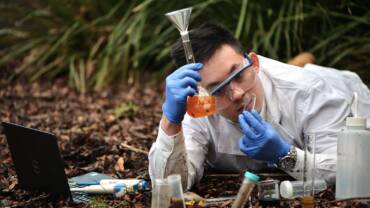Profile: Professor Nanthi Bolan
News | Posted Jun 11,2019For Professor Nanthi Bolan, Program Leader of Program 3, agriculture is in his blood. It has been his life.
“I grew up in a farming village in India. My parents owned tea and coffee holding plantations. After school and in the holidays, I used to work on the farm picking tea leaves and plucking coffee beans alongside my parents and farm labourers. I loved getting my hands dirty!”
Joining both passions of agriculture and soil fertility with his work in the Soil CRC is very satisfying.
“I’ve always loved farming and I love that I now work with farmers.” Nanthi says.
After completing a Bachelor of Agricultural Science and Masters of Science in Soil Science at Tamil Nadu University in India, he moved to Australia to complete his PhD in Soil Science at the University of Western Australia, firming up his future in soil research.
Nanthi then spent 20 years in New Zealand where soil is considered very important. “In New Zealand, soil is everything, because their economy is very much based on agriculture.”
He was a Professor of Soil Science at Massey University, the leading agricultural university in New Zealand.
After moving to the University of South Australia (UniSA) where he taught Environmental Science and Soil Science, he became involved in the first bid for the Soil CRC in 2013. That first bid was unsuccessful, but it planted the seed. When Nanthi moved to the University of Newcastle to take up his current role as Professor of Environmental Science, he became involved in the second and successful Soil CRC bid in 2016. At that time he was asked to be the leader of Program 3 and the rest, as they say, is history.
Program 3 will deliver new products and delivery systems to improve soil function and productivity, making an important contribution to the outputs of the Soil CRC.
“Program 3 is an exciting program to be involved in because it is all about products – inputs. There are fertilisers, microbial carriers, pesticide carriers, soil amendments, all these are essential soil inputs for the farmers. The efficient use of these products is very critical in achieving climate driven yield potential.
“The efficient utilisation of these inputs is critical in achieving productivity and profitability for farmers. Farmers will get new fertiliser products, targeted pesticide delivery systems, innovative products to sustain microbial function and improved products to manage surface and subsoil constraint,” Nanthi says.
Program 3 – Current Projects
- Recovering nutrients from organic waste streams
- Application of liquid biosolids
- Improving pesticide delivery efficiency
- New products for subsoil constraints
- New amendments for sandy soils
- Evaluating alternative rhizobial carriers





